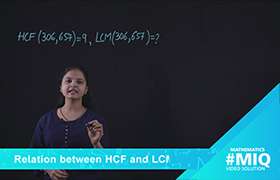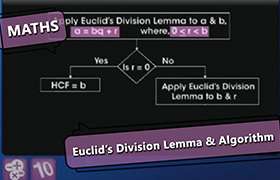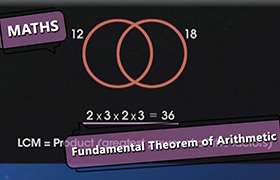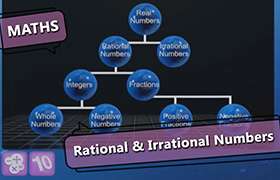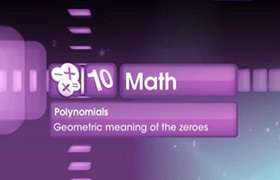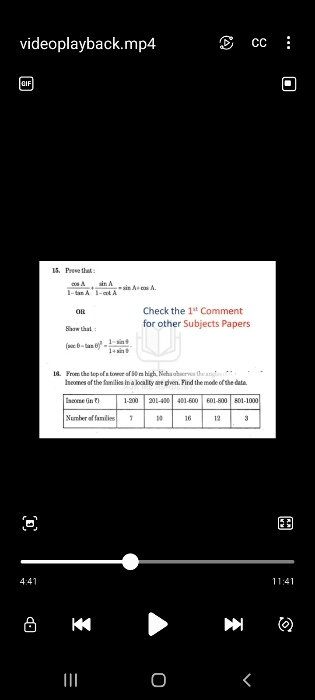CBSE Class 10 Answered
In an AP of which ‘a’ is the Ist term, if the sum of the Ist p terms is equal to zero , show that the sum of the next q terms is -a (p+ q) q/(p-1).
Asked by rushabhjain.avv | 20 Feb, 2019, 08:57: PM
Let d be the common difference in A.P.
If sum of p terms zero, then we have, 2a +(p-1)d = 0 or 2a+pd = d and d = -2a/(p-1) ...................(1)
sum S of next q terms, S = (q/2)[ 2(a+pd) + (q-1)d ] = (q/2) [ 2a + pd +pd +(q-1)d ] = (q/2)[p+q]d = -a (p+q) [ q/(p-1) ] .................(2)
It is to be noted that in eqn.(2) we have used 2a+pd = d and d = -2a/(p-1) as given in eqn.(1)
Answered by Thiyagarajan K | 21 Feb, 2019, 10:55: AM
Application Videos
Concept Videos
CBSE 10 - Maths
Asked by yalagondanikhil | 16 Apr, 2024, 12:25: PM
CBSE 10 - Maths
Asked by rrajansinghakb199 | 08 Apr, 2024, 05:12: PM
CBSE 10 - Maths
Asked by nagalaxmidurgarao937 | 08 Apr, 2024, 01:42: PM
CBSE 10 - Maths
Asked by mraniruddha03 | 02 Apr, 2024, 06:44: PM
CBSE 10 - Maths
Asked by muttenenimalleswarrao | 29 Mar, 2024, 08:32: PM
CBSE 10 - Maths
Asked by pathakvaishnavi9139 | 23 Mar, 2024, 10:45: AM
CBSE 10 - Maths
Asked by mustafahssn786 | 23 Mar, 2024, 06:25: AM
CBSE 10 - Maths
Asked by choudharyniki001 | 22 Mar, 2024, 08:49: AM
CBSE 10 - Maths
Asked by jagdishdabang79 | 18 Mar, 2024, 08:40: PM


